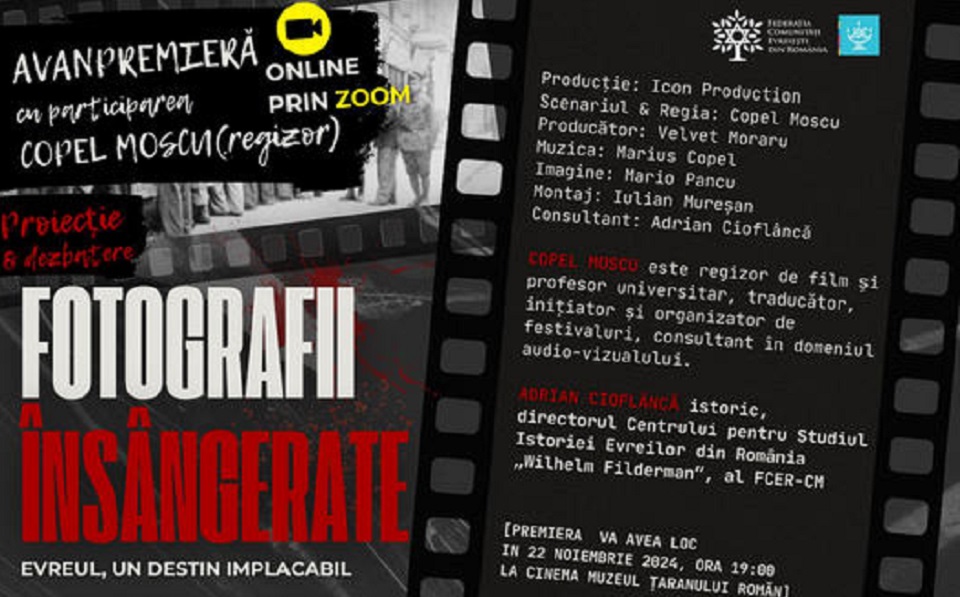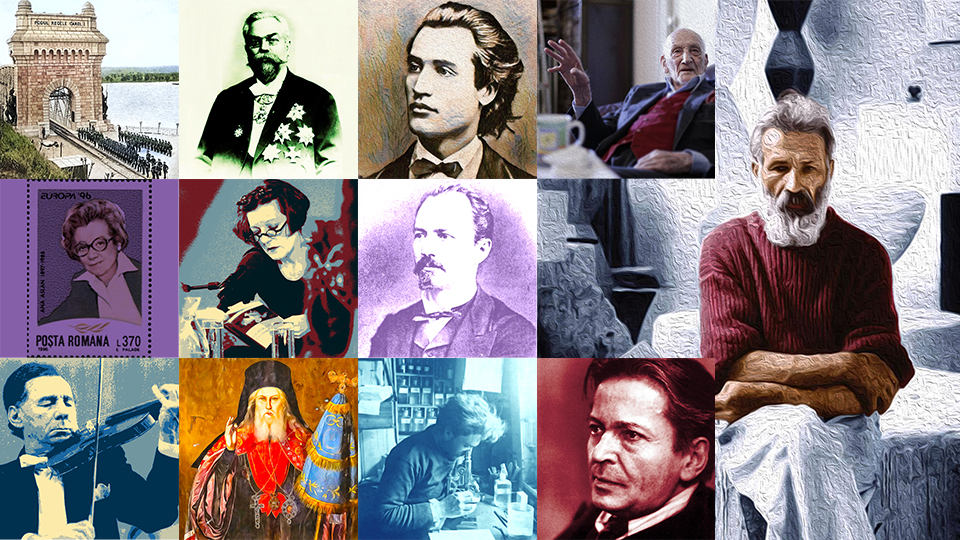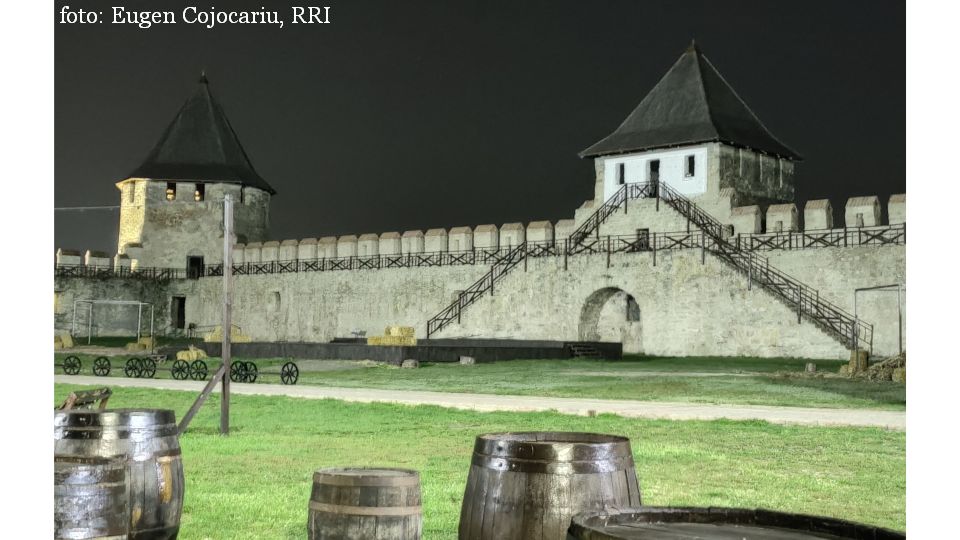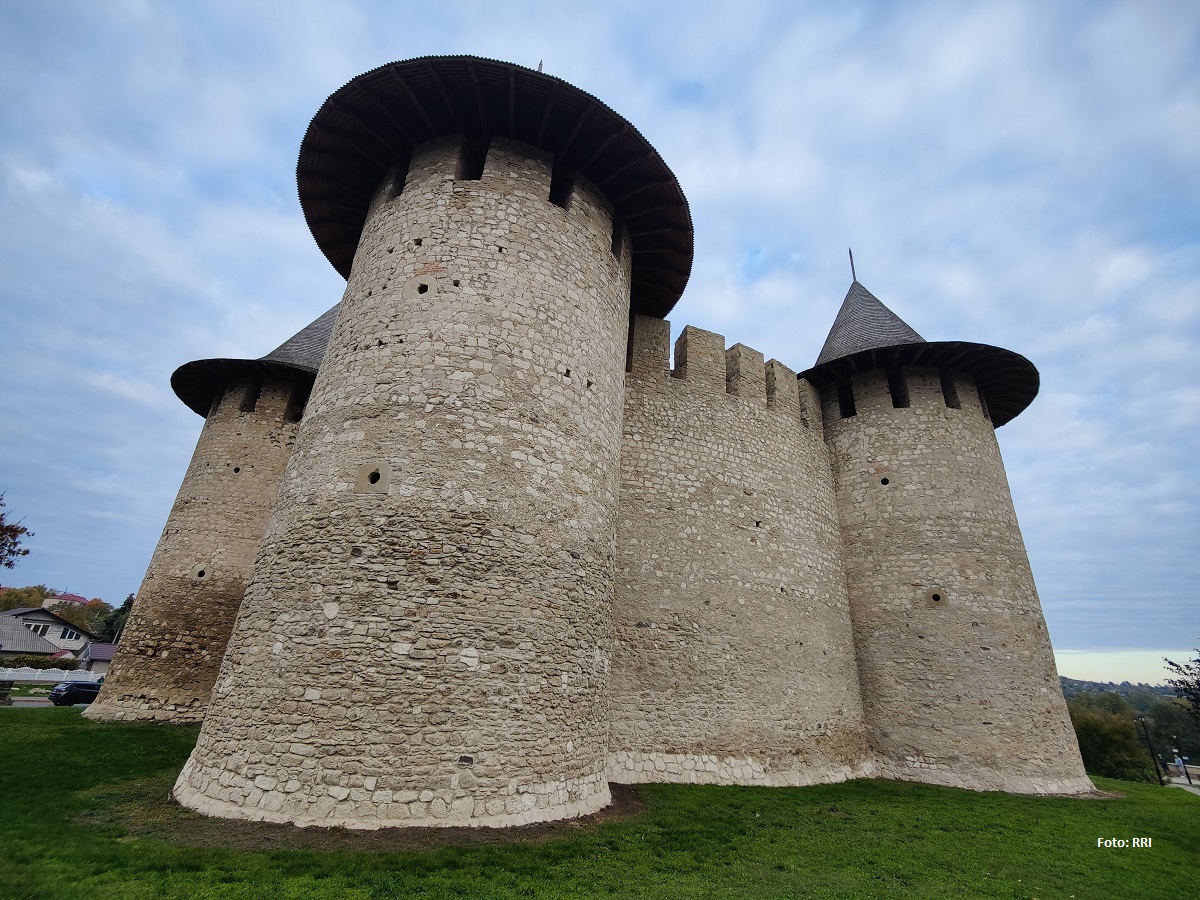Jean Pangal
Any human community has its picturesque, nonconformist, more or less inventive characters. In the history of Romania, such a character was the lawyer Jean Pangal, a politician and diplomat, considered by those who studied his life as one of the great artists of machinations. Sociologists consider him the creator of social networks where such individuals mobilize and energize the energies of others.
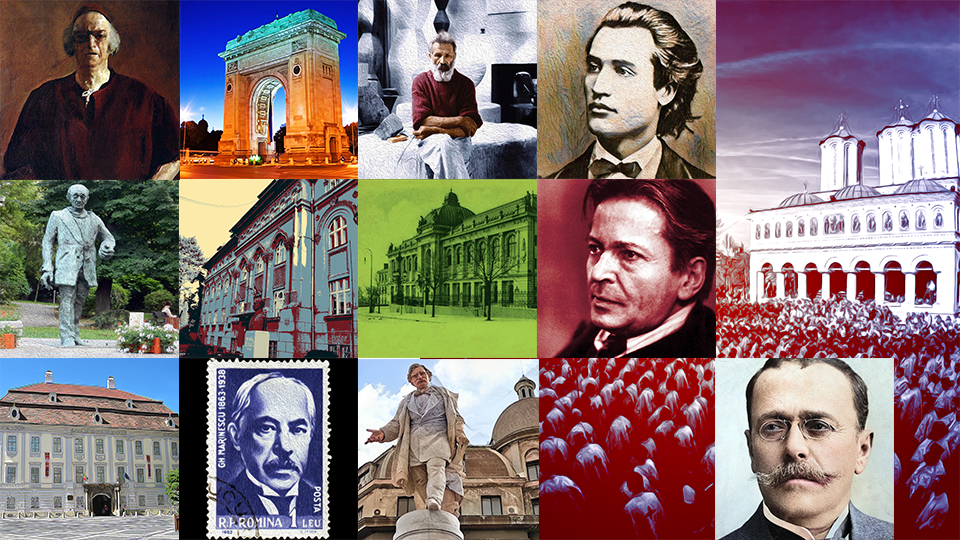
Steliu Lambru, 18.02.2024, 14:00
Any human community has its picturesque, nonconformist, more or less inventive characters. In the history of Romania, such a character was the lawyer Jean Pangal, a politician and diplomat, considered by those who studied his life as one of the great artists of machinations. Sociologists consider him the creator of social networks where such individuals mobilize and energize the energies of others.
Jean Pangal was born in 1895 in Nice, France and died in 1950 in Lisbon, Portugal at the age of 55. His family had its origins in the small and middle nobility. During the First World War, he did legal studies at the University of Iași and was a supporter of Romania’s entry into the war alongside France, Great Britain and Russia. At the end of the Great War, when Romania unites with Bessarabia, Bukovina, Banat and Transylvania and goes through profound reforms, a new generation of Romanians enters the political arena. Universal suffrage and agrarian reform are the two new open horizons. Pangal, a journalist during the war years, adheres to the doctrine of peasantry and from the second half of the 1920s occupies political positions in the state bureaucracy.
He was a deputy in the Romanian Parliament between 1927-1928 and 1931-1932, undersecretary of state for press and information between 1931-1932. He joined the diplomatic corps and was sent as minister plenipotentiary of Romania to Spain, between 1938-1939, and to Portugal, between 1939-1940. His political maestro was Constantin Argetoianu, president, among others, of the Agrarian Union party. Like many public figures of his time, Jean Pangal was a member of the Romanian Freemasonry, which he controlled to a large extent.
The sociologist Bogdan Bucur is the biographer of Jean Pangal and in the archives he discovered 474 informative notes to the intelligence services given by Pangal’s secretary, Gheorghe Chintescu, notes that he published: “They are extraordinary in the sense that we get to know them at the level of detail, of current life, in relation to what Pangal was doing, in relation to the discussions he had and their content. We have no other source of information regarding the content of the discussions between Jean Pangal and King Carol II, between Jean Pangal and Mrs. Elena Lupescu, the king’s mistress. There was no other way of finding about an important and significant part of the political, diplomatic, Romanian and foreign Masonic elite, who had arrived in Bucharest or passed through Bucharest, there was no other way of knowing what they did. This Mephistophelian act of the Special Intelligence Service led by Moruzov, to recruit Chintescu, a morally questionable thing, is actually extremely valuable, it produces valuable consequences for us today.”
The amazing thing about Pangal was his great ability to socialize, in any environment and to have power without having actual power. Bogdan Bucur analyzed the meaning of Jean Pangal’s behavior with the tools of sociological research: “Based on these details regarding Pangal’s interactions, we have made, with the help of specialized software, an analysis of the social networks that he developed. We had a personal network, details about who he met with, and we measured the frequency with which Pangal interacted with certain people at political meetings. The notes are so detailed that we can retrace his power network, his influence network. Many of Pangal’s visits to the king are not there because they were informal. We have, for example, the frequency with which Pangal met various people at the masonic meetings. He could have a talk about the king with Gheorghe Bibescu, the Grand Master of the National Lodge, an important mason, but not as important as Pangal. He could also talk about the development of aeronautics, as Prince Bibescu was an aviation pioneer. He could also discuss topics like noble origin with him. So with the same person, he could have three different types of dialogue.”
Entering the entourage of King Carol II, Pangal became the author of the draft 1938 Constitution that instated the sovereign’s authoritarian regime. A monarchist with the king, an anti-monarchist with the legionnaires, a liberal with the liberals, Pangal told everyone what they wanted to hear. Bogdan Bucur tells us about one of his most eccentric ideas: “Pangal had an unimaginable project and a diabolical, inventive mind, a term that includes intelligence. He planned to reunite masonry with one of the fascist organizations, namely the Christian National Defense League. It was nonsense. He claimed to be the leader of a national masonry lodge. Predictably, he took advantage of the historical moment to accuse the competition of being an international, anti-Romanian and unpatriotic masonry. He didn’t kick them out of the freemasonry, but he tried to do that with the Romanian citizens of Jewish nationality. The Romanian freemasonry led by Jean Pangal tried to present itself as purely Romanian, which in itself was an aberration.”
The end of the war made Jean Pangal take one of the few honorable decisions of his life, namely, go into self-exile in Portugal, refusing to be an accomplice to the establishment of communism. (LS/EE)

